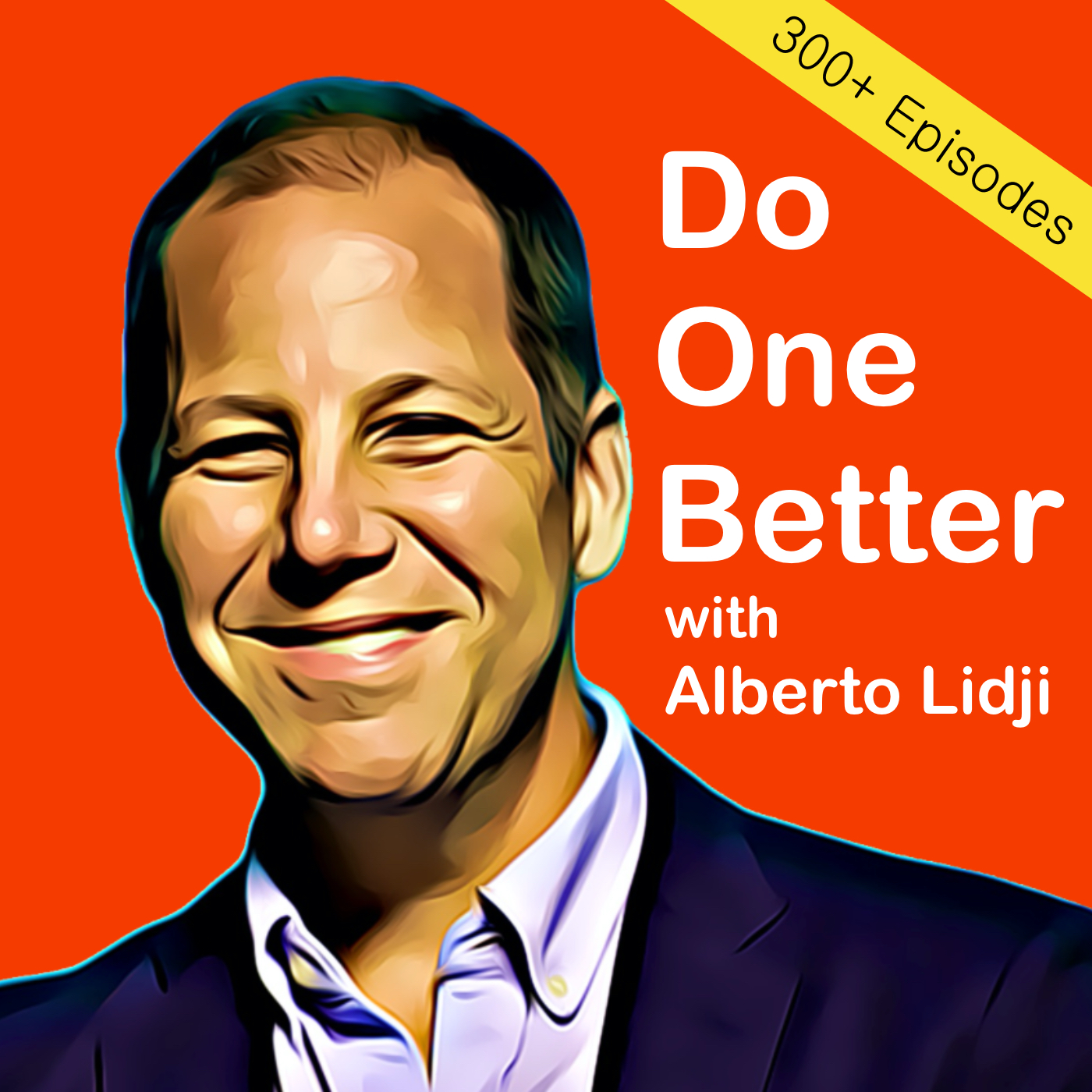Sidsel Kristensen, CEO of the LEGO Foundation, on Playful Learning, Collaborative Philanthropy, and Building Impactful Partnerships
Description
Sidsel Kristensen, CEO of the LEGO Foundation, offers a deep look into the Foundation’s mission to champion playful learning and create sustainable, impactful initiatives for children globally. The LEGO Foundation has a 25% stake in the LEGO Group. At the heart of the LEGO Foundation’s work is its belief in learning through play — a philosophy Kristensen describes as a powerful approach to fostering creativity, resilience, and critical thinking in children, from infancy through adolescence.
Far beyond a brand rooted in toys, the LEGO Foundation is an influential force in global education and child development. This enables the foundation not only to lead initiatives independently but also to create robust alliances that drive systemic change in underserved communities worldwide.
The LEGO Foundation’s efforts focus on children aged 0-12, but Kristensen emphasises that the philosophy of playful learning is a lifelong mindset, encouraging curiosity, adaptability, and collaboration.
Kristensen underscores the necessity of learning from both successes and setbacks. To this end, the Foundation prioritises quality in grant-making, which she defines as investing thoughtfully, building a solid evidence base, and fostering a culture of continuous learning among grantees. The commitment to learning through evidence is central, with the Foundation’s partnerships not only serving children directly but also generating insights that shape policy.
A key area of discussion is the challenge of amplification: how to communicate the insights and successes of the Foundation’s initiatives in a way that resonates with governments, policymakers, and the wider public. Kristensen reflects on the importance of simplifying complex issues without diminishing their significance, helping communities and leaders see that playful learning is not mere play, but a strategic approach to lifelong skills development. She points out that the brand strength of LEGO enables the Foundation to amplify its message effectively, allowing partners to leverage this brand association to build their own credibility in local contexts.
Reflecting on the future, Kristensen outlines a strategy focused on impact, context-driven partnerships, and quality in grant-making, underscoring a vision that emphasises sustainability and scalability. She candidly discusses the complexities of creating sustainable change, noting that while philanthropy has a unique ability to take risks and innovate, it must also be accountable and pragmatic. The ultimate goal, Kristensen explains, is to influence ecosystems and drive changes that endure beyond individual grants or programs. She closes with a call for enhanced collaboration across funders, believing that transformative change requires collective efforts rather than isolated projects.
Thank you for downloading this episode of the Do One Better Podcast. Visit our Knowledge Hub at Lidji.org for information on 250+ case studies and interviews with remarkable leaders in philanthropy, sustainability and social entrepreneurship.
More Episodes
The CEO of the David Lynch Foundation, Bob Roth, shares his insights on the role of Transcendental Meditation (TM) in tackling chronic stress and improving health outcomes. Filmmaker David Lynch and Bob Roth co-founded the foundation in 2005.
Roth highlights the devastating impact of toxic...
Published 11/25/24
Published 11/25/24
The CEO of the Rodenberry Foundation, Lior Ipp, on elevating small, locally-led organizations driving systems change.
The Roddenberry Foundation aligns its philanthropic vision with the values of equity, diversity, inclusivity, and justice that were hallmarks of Gene Roddenberry’s Star Trek...
Published 11/18/24


